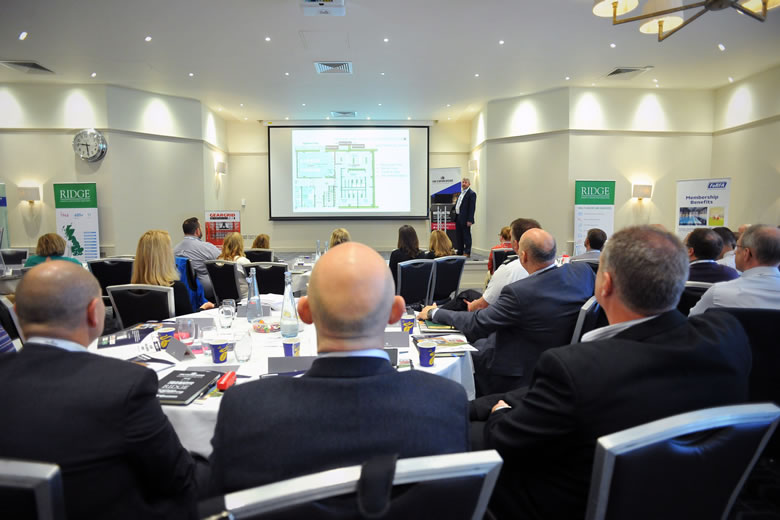Focus of the Conference
The speaker lineup for the 2026 Fire Station Design and Construction Workshop will be announced soon, but if previous years are anything to go by, you can expect a strong mix of voices from both the fire and rescue service and the private sector, all of whom have been shaping the future of modern fire stations.
At past events, we’ve had estates leads, station managers and project teams from services such as Hampshire and Isle of Wight, Royal Berkshire, Surrey and Essex sharing hard-earned lessons from real redevelopment projects. Their sessions have covered everything from sustainability and decarbonisation to inclusivity, decontamination workflows, mental wellbeing, health and safety, and the practical realities of refurbishing older estates while keeping crews operational.
Alongside them, we’ve welcomed expertise from the private sector: architects, engineers, construction specialists, equipment manufacturers, technology providers and environmental consultants. These sessions dig into smarter construction methods, new equipment, emerging tech and the operational challenges that shape how fire stations are built and used.
The mix is what makes FSDW work. You get big-picture thinking, practical case studies and honest conversations from the people making decisions day to day and the companies supporting them.

